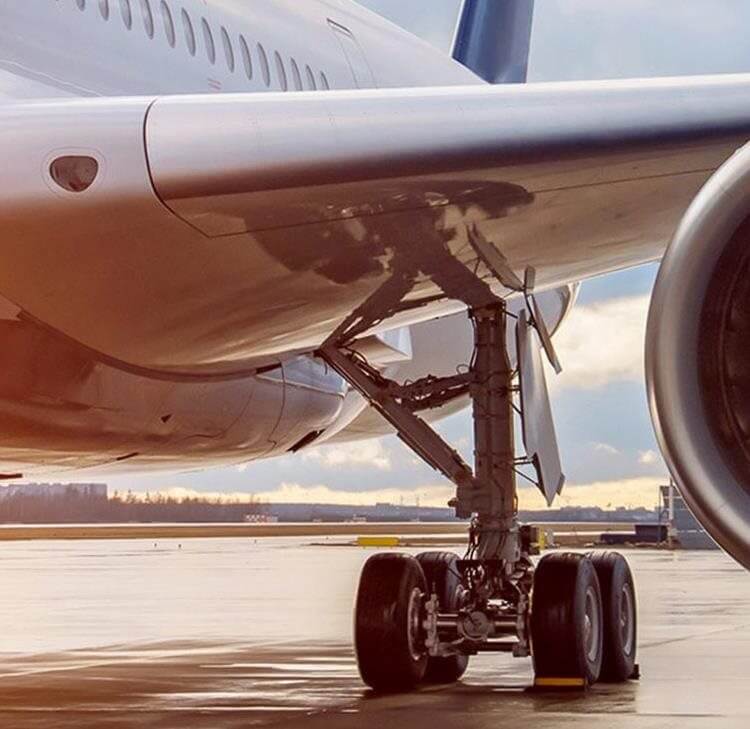Dealing with Covid Rent Arrears – an overview but no specifics
Following on from our recent article on the release of the updated Code of Practice for dealing with commercial rent arrears that have accrued throughout the pandemic, we continue to highlight what the overall principles seek to ensure - fairness and proportionality for both landlords and tenants across each step of the arbitration process.
Following on from our recent article on the release of the updated Code of Practice for dealing with commercial rent arrears that have accrued throughout the pandemic.
The overall principles seek to ensure fairness and proportionality for both landlords and tenants and these principles are emphasised across each step of the arbitration process.
The code has provided an overview of the arbitration process when all other forms of negotiation and alternative dispute resolution has failed. Accompanying this update was the evidence and financial information that the parties will be expected to provide to the arbitrators, which is a good step in ensuring that they can be prepared should the need for arbitration arise.
However, whilst it provides a good foundation, the code does not provide details for those parties to transactions that fall outside of landlords and tenants (such as guarantors). Equally, there is not sufficient information provided on businesses that were allowed to partially open, such as essential retailers and restaurants and other operators who were substantially affected by a decrease in footfall, and how they will be supported.
So, whilst the Bill continues to be scrutinised in Parliament, it is imperative that these questions are answered. In the meantime, commercial landlords and tenants should continue to negotiate on any rent arrears and try to settle these between themselves, or consider alternative dispute resolution.
Contact

Mark Hickson
Head of Business Development
onlineteaminbox@brownejacobson.com
+44 (0)370 270 6000








































